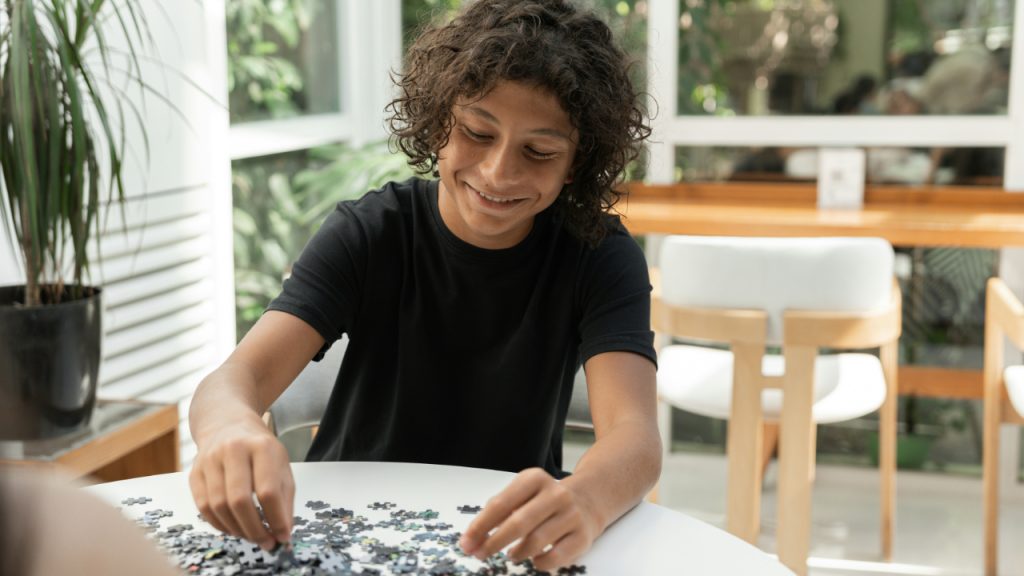Puzzles have captivated people for centuries, from ancient riddles to modern-day Sudoku and crosswords. But have you ever wondered why we’re so drawn to them? It’s not just about passing time. Our brains are wired to find puzzles irresistible, and solving them gives us a powerful sense of accomplishment. There’s something deeply satisfying about working through a problem and coming out on the other side. Whether it’s a jigsaw puzzle or a tricky logic question, the challenge is mentally stimulating, and we get a natural reward when we succeed. So, what is it about our brains that makes puzzles so appealing? Let’s explore the science behind why we love them so much.
Puzzles Release Dopamine, the “Feel-Good” Chemical
When we solve puzzles, our brain rewards us with dopamine, a neurotransmitter that makes us feel good. Dopamine is often released when we experience pleasure, but also when we make progress or achieve something. This burst of positivity keeps us engaged, making it hard to put a puzzle down once we’ve started. Each little victory triggers a wave of satisfaction, which is why we keep coming back for more.
Puzzles Strengthen Cognitive Skills
Puzzles require focus, problem-solving, and memory—skills that sharpen our brains. Whether you’re solving a crossword or a jigsaw puzzle, your brain is working hard to process information, recognise patterns, and make connections. Regular puzzle-solving has been linked to improved cognitive function, particularly in older adults. It’s a fun way to keep your brain active and healthy, potentially warding off mental decline.
The Brain Loves Patterns and Challenges
Our brains are wired to recognise patterns and find solutions. Puzzles tap into this natural ability by presenting us with something that doesn’t make sense at first but can be solved with the right approach. This “problem-solving” instinct is deeply ingrained in us because, for our ancestors, being able to spot patterns and solve problems could be the difference between life and death. Today, puzzles satisfy that same urge to find order and make sense of complexity.
Solving Puzzles Reduces Stress
While some might find them frustrating at times, many people find puzzles calming. Focusing on a puzzle can help take your mind off everyday worries and stresses. Puzzles provide a break from distractions, allowing us to immerse ourselves in something both stimulating and relaxing. The sense of control and accomplishment that comes with solving a puzzle can also provide emotional relief.
Puzzles Boost Creative Thinking
When we solve puzzles, we often have to think outside the box. Many puzzles require a creative approach, encouraging us to look at things from different angles. This kind of thinking helps develop problem-solving skills that are useful in everyday life. Whether it’s figuring out a complex Sudoku or completing a maze, puzzles help stretch our imagination and improve our ability to see solutions that aren’t always obvious.
Ellen has been obsessed with logic puzzles, jigsaws, and cryptograms since she was a kid. After learning she was taught how to play chess wrong by a family friend (so they could win), she joined her school chess club and the rest is history.


